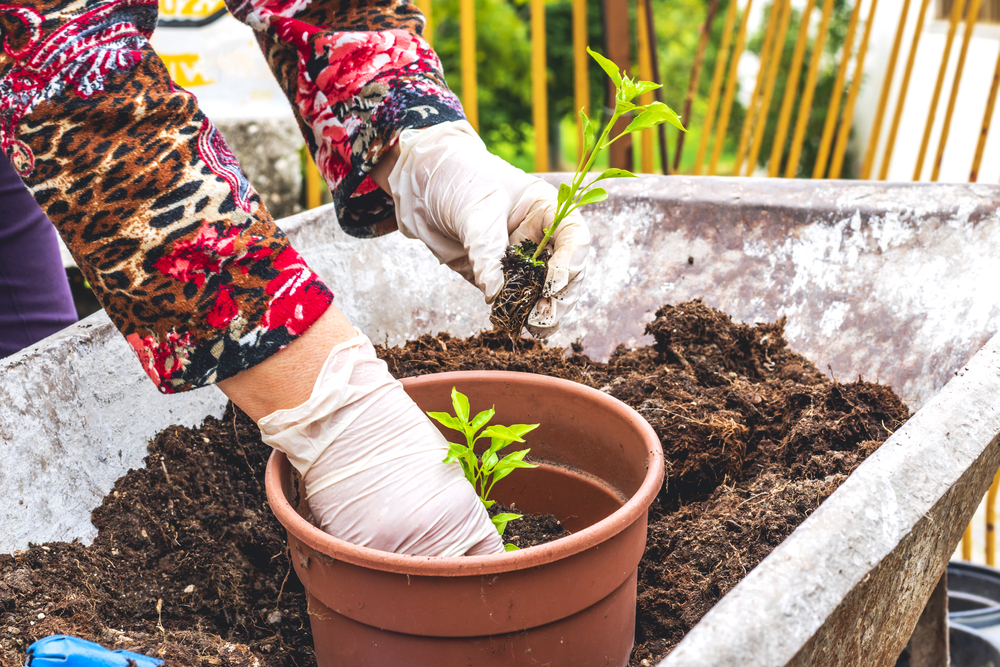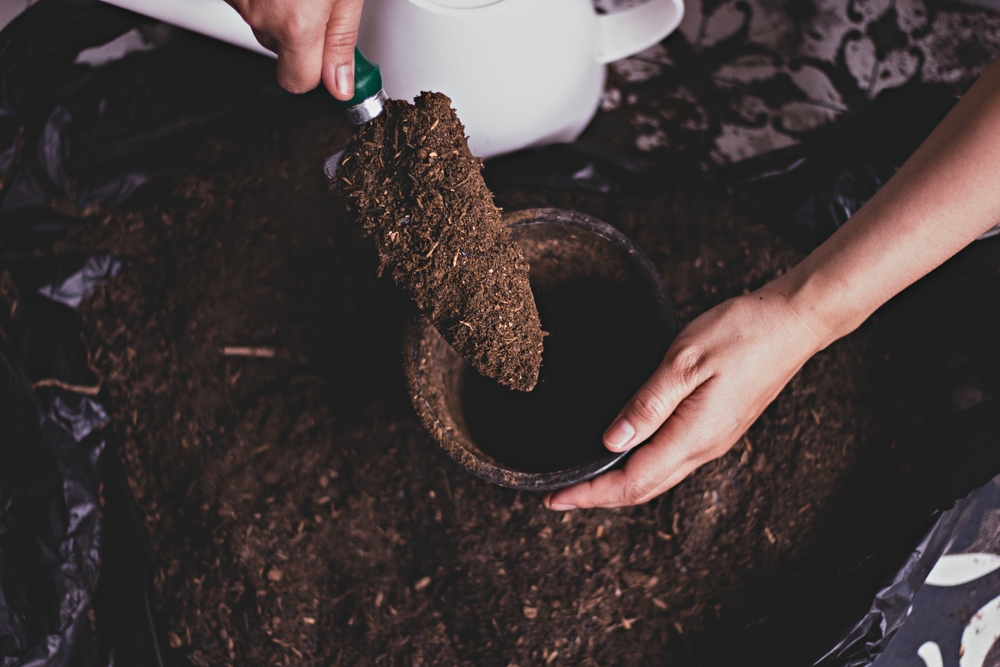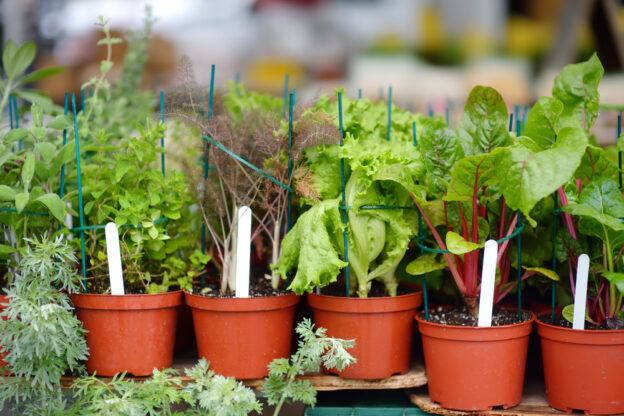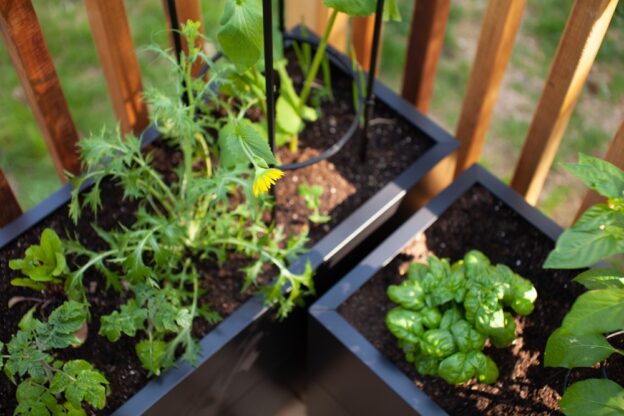Learn to grow microgreens at home, join Grow It Local +
Learn > How To
Choosing the best soil for growing in pots

Choosing the best soil for growing in pots
Our veggies are only as good as the soil that they grow in! This is especially true when we are
growing in pots and containers. Choosing or making the best soil for growing in pots is one of
the biggest factors in determining whether your container based garden will flourish or fail.
Understanding Potting Mix
First thing’s first: not all soil is created equal, especially when it comes to container gardening.
Potting mix is specifically crafted to provide the ideal environment for plants growing in pots. A
good potting mix should have the following qualities.
Drainage. Your container soil needs to allow water to flow through easily, as soggy soil can
lead to root rot.
Aeration. Roots need air as much as they need water and nutrients.
Nutrient-rich. Unlike garden plants, potted plants can’t send roots deep to search for nutrients,
so their soil needs to come packed with all the goodies.
Choosing Commercial Potting Mix
If you’re shopping for potting mix, you should always look for bags that are labelled “premium”
and have the 5 white tick on a red background to show that the potting mix complies with the
Australian Standards.
Most commercial potting mixes that meet the above criteria will be totally fine for growing in
pots. One thing to keep in mind is that if you want to grow organically (without the use of
synthetic fertilisers), then make sure you find a potting mix that is labelled organic and only
contains natural fertilisers. If it isn’t labelled organic, chances are that it will contain slow release
synthetic fertilisers.

Making Your DIY Potting Mix
Feeling like a mad scientist? Awesome! Mixing your own potting soil can be incredibly rewarding
and allows you to tailor the mix to your plants’ specific needs. Here’s a simple, versatile recipe
to get you started:
1 part coconut coir. This will help the mix retain moisture and create a light, airy structure.
Presoak your coir in water to keep your potting mix moist
1 part perlite or vermiculite: These minerals help improve drainage and aeration.
2 part compost or well-rotted manure: This adds essential nutrients and helps retain moisture.
A handful of worm castings: For an extra boost of nutrients.
A part can be any sized vessel you have handy. A cup, a pot, a bucket, anything that you have
at hand that can be used to measure will work. Combine all the the ingredients together in a big
tub, give it a good mix and there you have it, your own homemade potting mix.
Tips for Using Your Potting Mix
Water wisely: Even the best potting mix can’t guard against over-watering. Make sure your
containers have drainage holes, and check the soil before watering—stick your finger in; if it’s
dry a couple of centimetres down, it’s time to water.
Refresh each season: Replenish your pots with fresh potting mix each planting season to
ensure your plants have access to all the nutrients they need. If the old mix isn’t spent, it can be
rejuvenated with more compost or worm castings and reused.
Monitor and adapt: Keep an eye on how your plants are doing and adjust your mix if necessary.
Container gardening is a dynamic adventure that may need tweaks as you learn what your
plants enjoy most.
Final Thoughts
Whether you buy from the shops or make your own, selecting the right potting mix is essential in
the quest for bountiful pots of homegrown veggies. Remember, each pot of soil is a micro-
universe for your plants, so give it the attention it deserves. Now, gear up, get mixing, and let’s
get those container gardens flourishing!



